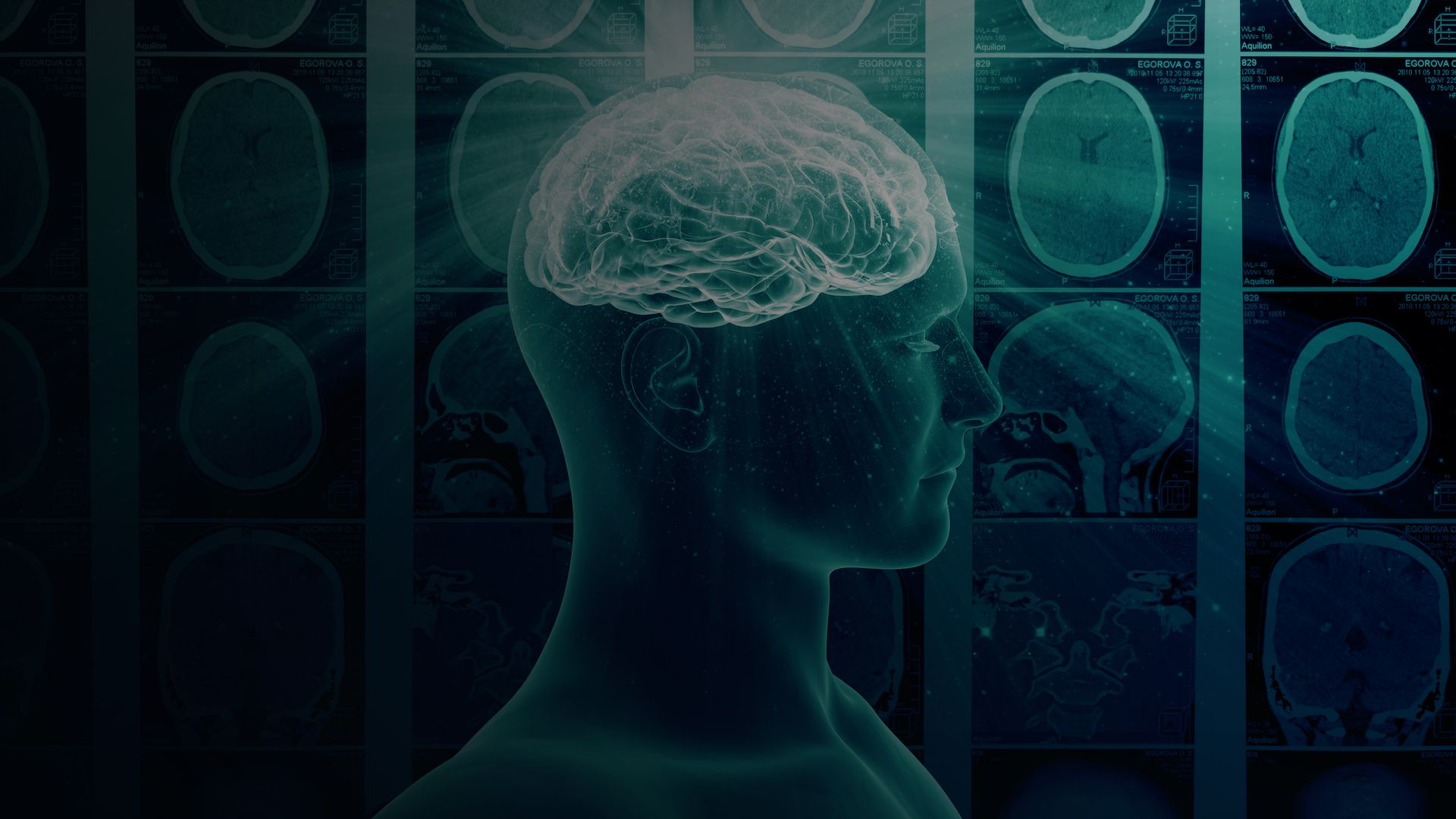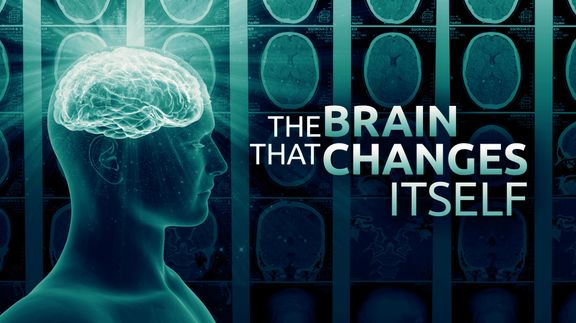

The Brain that Changes Itself
For centuries, the human adult brain has been thought to be incapable of fundamental change. Now, the discovery and growing awareness of neuroplasticity has revolutionized our understanding of the brain - and has opened the door to new treatments and potential cures for many diseases and disorders once thought incurable. Dr. Doidge takes us through some very compelling neurological cases to illustrate how the changing brain plays a vital role in treating mental diseases and disorders.
For centuries, the human adult brain has been thought to be incapable of fundamental change. Now, the discovery and growing awareness of neuroplasticity has revolutionized our understanding of the brain - and has opened the door to new treatments and potential cures for many diseases and disorders once thought incurable. Dr. Doidge takes us through some very compelling neurological cases to illustrate how the changing brain plays a vital role in treating mental diseases and disorders.
Related Articles
View AllAlgorithms of Our Discontent: The Risks and Benefits of Social Media
The negative consequences of social media range from shortened attention spans to poor self-esteem. But it may also be possible to use social media for good, starting by taking…
Navigating the Very Real Holiday Blues
The holidays aren’t the most wonderful time of the year for many people. According to research by several major mental health resources, those with mental health diagnoses aren’t…
Beyond Beauty: How Sleep Benefits Your Health
The benefits of a good night’s rest include improved memory, resolution of emotional issues, and recovery from physical exertion. When you awaken, you might find you’re better…
Lifting the Haze: Researchers Probe the Mysteries of Sleep
Sleep is crucial to a healthy lifestyle. But many of us have little understanding of why it’s so important – and even what it is! Here, we investigate the scientific findings that…
Do You See Me How I See You? Understanding Sympathy and Empathy
We often use “sympathy” and “empathy” interchangeably, but are they really synonymous? What would life be like without them?
Mental Health: What Is ‘Normal’? And Are We All Just Faking It?
Both our understanding and treatment of mental illness has improved since we first began thinking of people as abnormal, but we still stigmatize those who struggle to fit in.
The Flexible Brain: Neuroplasticity’s Revolutionary Potential for Training and Healing
The human brain is extraordinary, and the skills we learn as humans seem limitless. But what happens when a brain injury interrupts our everyday functions? Astonishingly enough,…
Music and the Brain: Discoveries Reveal the Depth of Melody in Our Lives
Music has long been understood to have mysterious properties to ease troubled bodies and minds. Starting in the early ‘90s, researchers were able to see in real time what melody…
LSD, Psilocybin, Ketamine, and DMT: How These Psychedelics Affect the Brain
Hallucinogenic drugs such as LSD, DMT, and psilocybin are known for their mind-expanding effects, and they have potential for treating some of the trickiest mental afflictions…
World Wide Brain: H.G. Wells and Google’s Most Ambitious Failure
Inspired by H. G. Wells’ World Brain concept, Google once tried to consolidate all the books in the world into one database. It failed—but what can it teach about the Internet and…